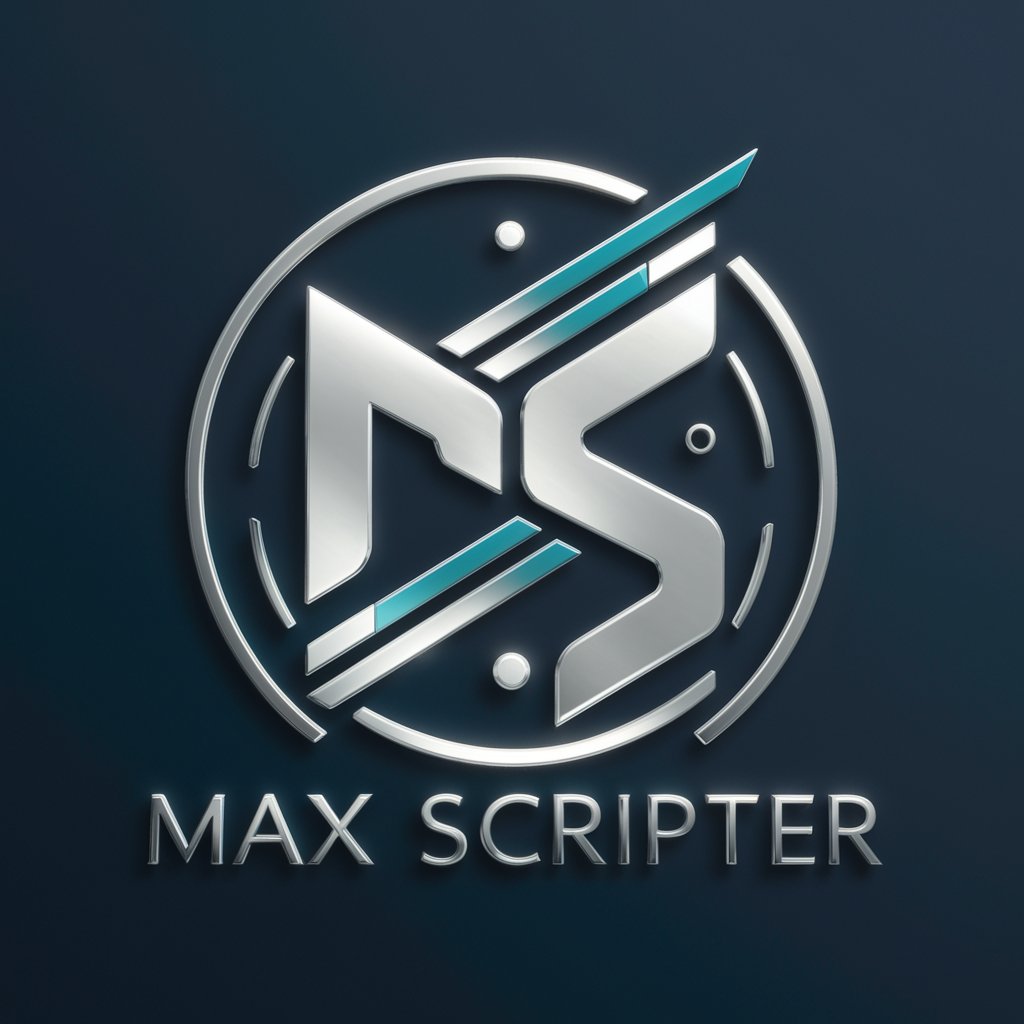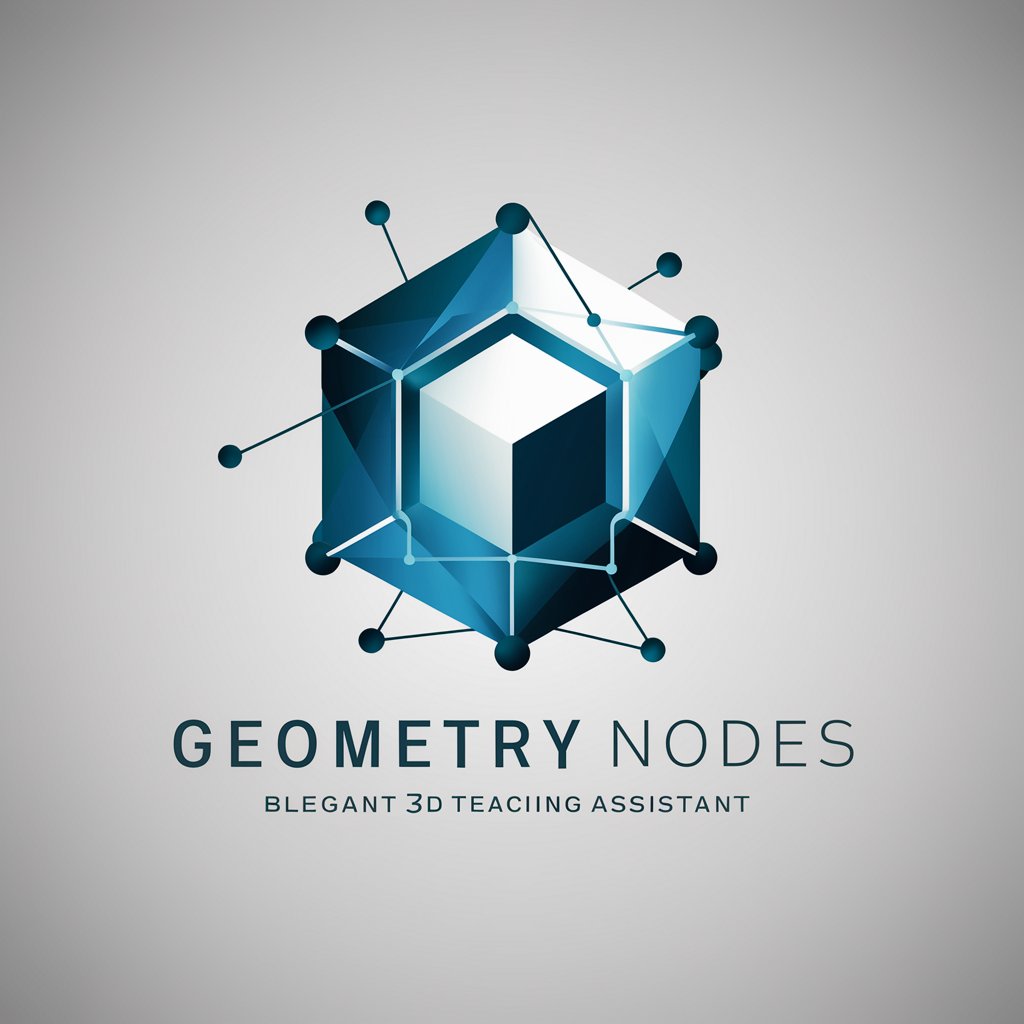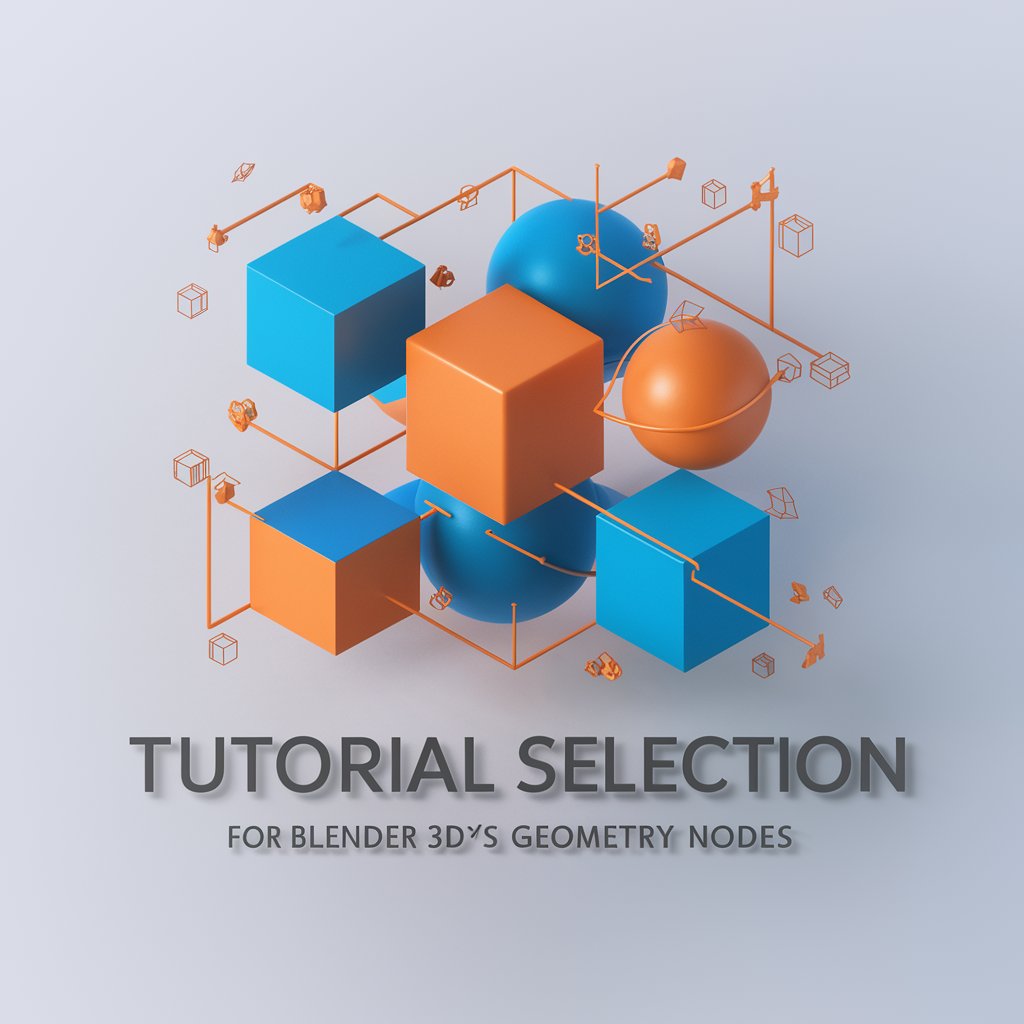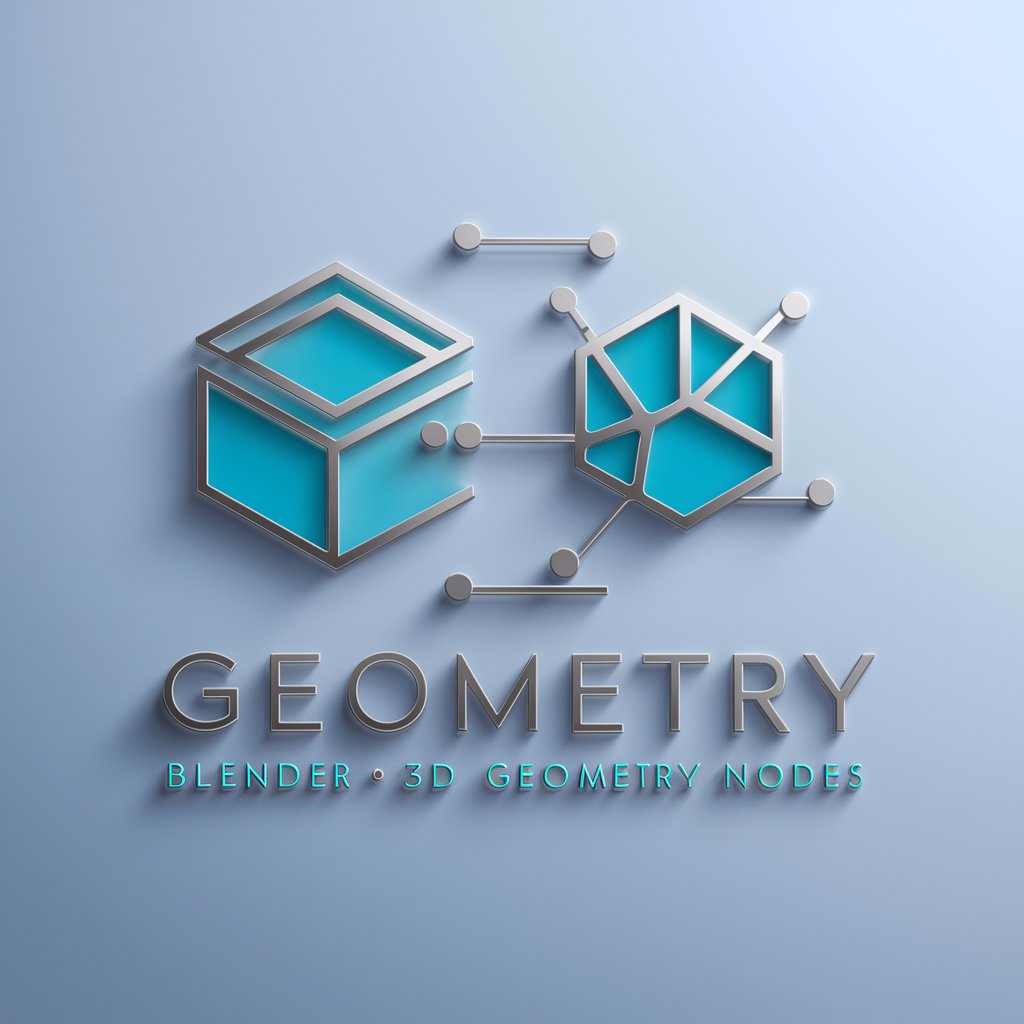4 GPTs for Procedural Modeling Powered by AI for Free of 2026
AI GPTs for Procedural Modeling are advanced tools designed to leverage the power of Generative Pre-trained Transformers (GPTs) in the field of procedural content generation. These tools are adept at creating complex models and simulations based on sets of rules or algorithms, automating the generation of vast amounts of content that can range from 3D models and environments to narratives and code. By integrating AI and machine learning, they offer tailored solutions that adapt to specific requirements within procedural modeling, streamlining the creation process and enhancing efficiency and creativity.
Top 4 GPTs for Procedural Modeling are: 3dsMax Scripter,Teaching selection of blender_3d’s Geometry Nodes,blender_3d的Geometry Nodes的教學精選,Blender_3d のジオメトリ ノードの選択を教える
3dsMax Scripter
Automate 3ds Max with AI-powered scripting.

Teaching selection of blender_3d’s Geometry Nodes
Unleash creativity with AI-powered Geometry Nodes

blender_3d的Geometry Nodes的教學精選
Unleash creativity with AI-powered Geometry Nodes.

Blender_3d のジオメトリ ノードの選択を教える
Empower your 3D modeling with AI

Key Characteristics and Capabilities of Procedural Modeling GPTs
AI GPTs tools for Procedural Modeling boast remarkable adaptability and are designed to handle tasks ranging from straightforward model generation to complex simulation tasks. Core features include advanced language understanding for interpreting and implementing procedural modeling instructions, technical support for integrating with various programming languages and environments, and the capability for image creation and data analysis to enhance model accuracy. Special features also encompass web searching for up-to-date information and learning from new data, allowing these tools to evolve with the project's needs.
Who Benefits from Procedural Modeling GPTs
The primary users of AI GPTs for Procedural Modeling include novices seeking to explore procedural content generation, developers requiring advanced tools to streamline their workflow, and professionals in fields like game development, architecture, and film production. These tools are accessible to users without programming skills, offering intuitive interfaces and guidance, while also providing extensive customization options for those with technical expertise, making them versatile assets across a broad spectrum of creative and technical fields.
Try Our other AI GPTs tools for Free
Landscape Generation
Explore the transformative power of AI GPTs for Landscape Generation, a cutting-edge toolset designed for creating, analyzing, and managing digital landscapes. Perfect for professionals and enthusiasts alike.
Domain Finding
Discover the power of AI GPTs for Domain Finding: your ultimate tool for efficient domain analysis and strategic planning across various fields.
Holiday Guidance
Discover AI-powered GPT tools for personalized, efficient holiday planning. From itinerary creation to real-time language support, explore how AI can enhance your travel experience.
Prayer Study
Explore the intersection of AI and spirituality with GPTs for Prayer Study. Tailored solutions for deepening your understanding of prayer through advanced technology.
Bilingual Documents
Discover how AI GPTs for Bilingual Documents revolutionize multilingual communication, offering advanced translation, generation, and management of bilingual content for global accessibility.
Personal Portraits
Explore AI GPT tools for Personal Portraits, revolutionizing image creation and enhancement with advanced personalization. Ideal for artists, professionals, and enthusiasts seeking precision and creativity.
Enhanced Customization and Integration in Procedural Modeling
AI GPTs for Procedural Modeling stand out for their ability to offer customized solutions across various sectors, featuring user-friendly interfaces that simplify complex modeling tasks. These tools not only enhance creativity and efficiency but also seamlessly integrate with existing systems, demonstrating their versatility in adapting to specific user needs and workflows.
Frequently Asked Questions
What is Procedural Modeling in AI GPTs?
Procedural Modeling in AI GPTs refers to the use of generative pre-trained transformers to automate the creation of digital content based on rules or algorithms, facilitating the generation of complex and diverse outputs from 3D models to narratives.
Who can use these Procedural Modeling tools?
These tools are designed for a wide range of users, from beginners interested in learning about procedural content generation to professionals in game development, architecture, and beyond, seeking efficient solutions for content creation.
Can I customize AI GPTs for specific Procedural Modeling tasks?
Yes, AI GPTs for Procedural Modeling offer extensive customization options, allowing users to tailor the tool's functionality to specific project requirements, whether it's for generating intricate 3D environments or automating narrative creation.
Do I need programming skills to use these tools?
No, many AI GPTs for Procedural Modeling are designed to be user-friendly and accessible to those without programming skills, featuring intuitive interfaces and guided processes.
How do AI GPTs for Procedural Modeling learn and improve?
These tools utilize machine learning and continuous feedback loops to learn from new data and user inputs, allowing them to improve their accuracy and efficiency over time for procedural modeling tasks.
Can these tools integrate with existing software or workflows?
Yes, AI GPTs for Procedural Modeling are designed with compatibility in mind, offering APIs and support for integration with a wide range of existing software tools and workflows, enhancing productivity without disrupting established processes.
What makes AI GPTs different from traditional procedural modeling tools?
AI GPTs leverage advanced machine learning and natural language processing to offer more dynamic, adaptable, and intelligent solutions for procedural modeling, surpassing traditional tools in efficiency, creativity, and the ability to handle complex tasks.
Are there any limitations to using AI GPTs for Procedural Modeling?
While AI GPTs offer powerful capabilities, limitations may include the need for initial setup and customization, potential computational resource requirements, and the importance of clear input instructions to achieve desired outcomes.